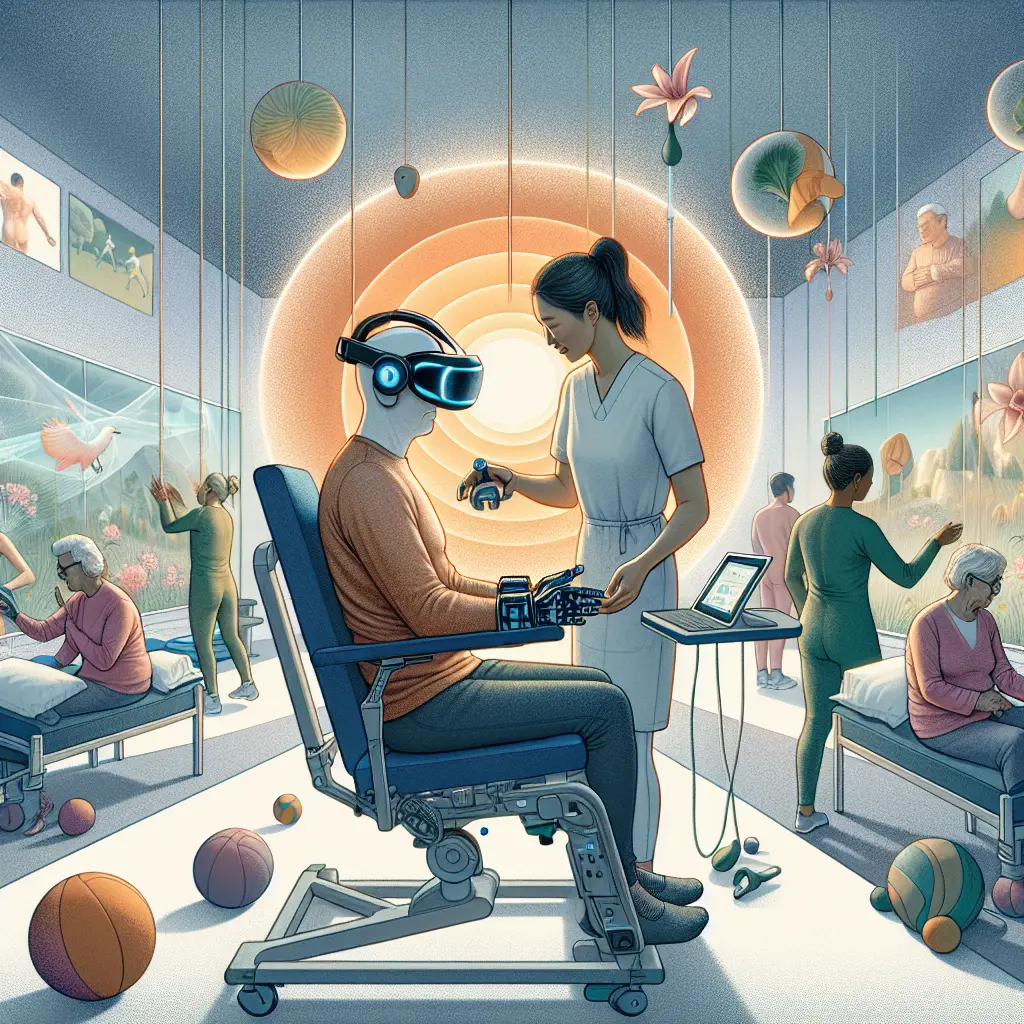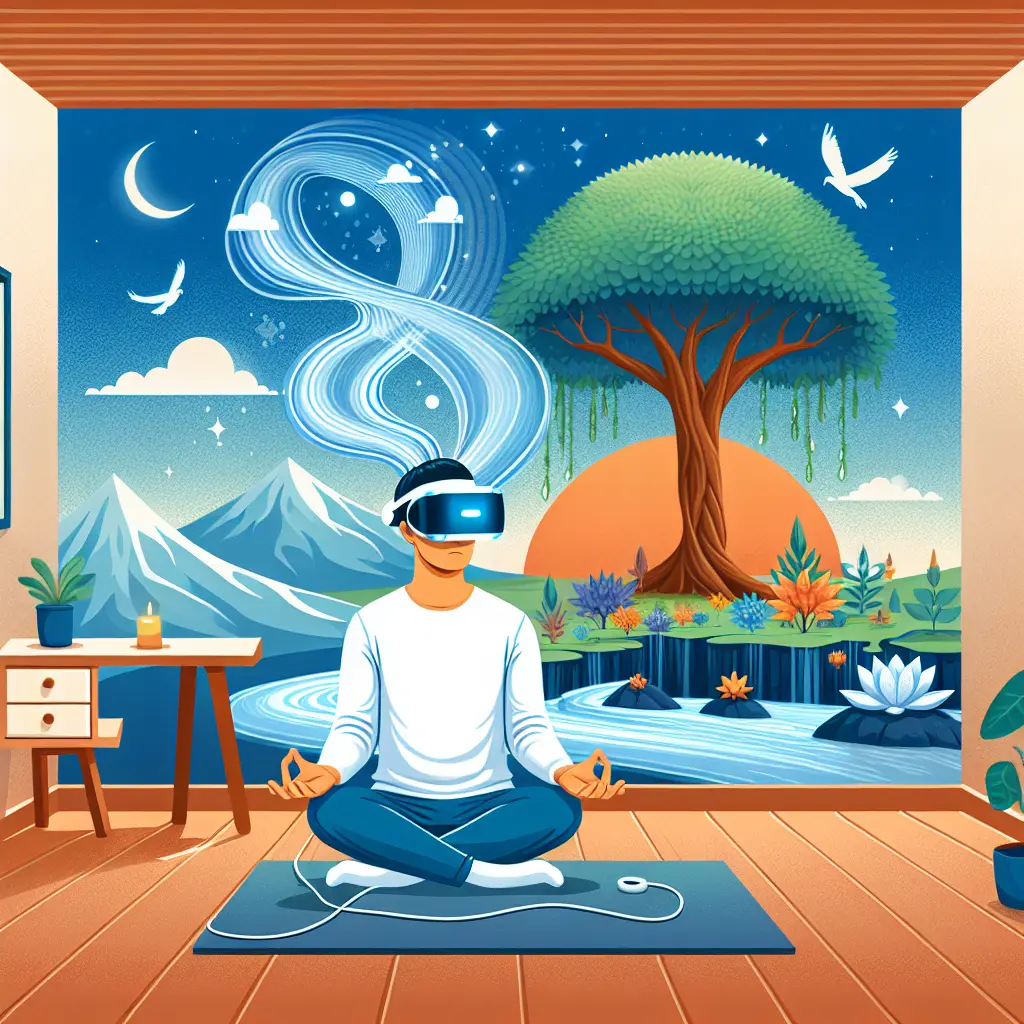In today's fast-paced world, the quest for effective stress management strategies has led to groundbreaking advancements in technology. One such innovation, virtual reality therapy, is transforming how individuals approach stress relief and mental wellness. VR therapy offers an immersive experience that allows users to escape the pressures of daily life, providing a unique avenue for stress reduction.
As educational VR therapy becomes more prevalent, its applications in education are proving invaluable as tools for stress management. Virtual reality for stress relief is not just a futuristic concept; it is a practical solution available today, with tangible benefits in managing anxiety and promoting mental wellness.
The benefits of VR therapy extend beyond mere escapism. This form of immersive therapy fosters emotional resilience by offering digital stress relief solutions that are both innovative and effective.
By simulating calming environments and scenarios, VR mental health programs empower users to practice stress reduction techniques in a controlled setting, bridging the gap between traditional counseling and modern technology.
Furthermore, VR therapy research continues to reveal new insights into how virtual reality applications in education can enhance learning experiences while simultaneously addressing the educational stress management needs of students and educators alike.
The Growing Demand for VR Therapy
As the demand for virtual reality counseling grows, so does the potential for virtual stress management programs to revolutionize our approach to mental health.
With VR therapy for anxiety becoming more accessible, these digital innovations promise a future where stress management is both engaging and educational.
Explore the fascinating world of VR therapy benefits and discover how these educational tools for stress management are shaping a new era of mental wellness.
In conclusion, Virtual Reality Therapy presents a transformative approach to managing stress, offering immersive experiences that foster relaxation and mental well-being. This innovative therapy stands out due to several key aspects:
Key Aspects of VR Therapy
Immersive Environments: VR therapy creates controlled settings where users can engage in calming activities or practice mindfulness, significantly reducing stress levels.
Personalized Experiences: With the ability to tailor scenarios based on individual needs, VR therapy offers customized solutions for stress management, enhancing its effectiveness.
Accessibility and Convenience: As VR technology becomes more widespread, these therapeutic sessions can be accessed from the comfort of one's home, making it a convenient option for many.
Scientific Backing: Numerous studies underscore the positive impact of VR therapy on mental health, validating its use as a complementary tool for stress relief.
This emerging field offers a glimpse into the future of therapeutic interventions, where technology and mental health converge to create impactful solutions. As we continue to explore the potential of virtual reality in therapy, it is crucial to remain informed and open to integrating new technologies into our mental health practices.







Leave a Comment